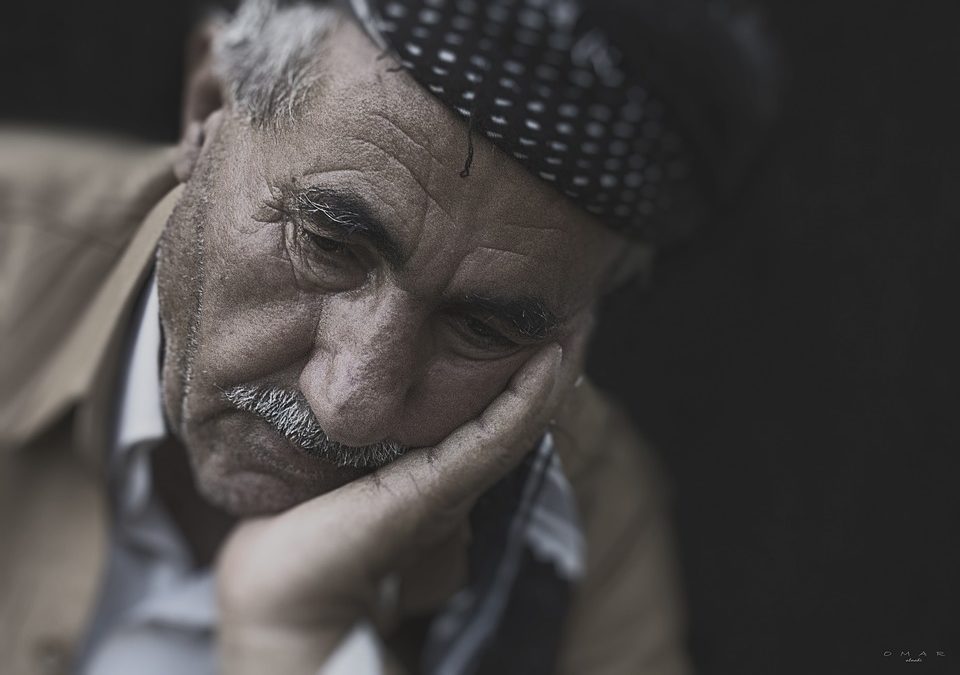You may not believe it, but roughly five million elders are abused each year. This makes nursing home abuse an issue that should be truly taken into consideration.
Many people think that nothing could happen to an elder inside of a nursing home. However, there are more than five different types of abuse that one can be subject to. Naturally, one of them is emotional abuse.
In today’s article, we’ll talk about the effects of such abuse, as well as about how one can recover from it.
Effects of Emotional Abuse
Obviously, emotional abuse of elderly patients is usually not measured and less understood, when compared to other types of abuse – physical, for example.
This is the main reason why emotional abuse is very difficult to identify and, essentially, take care of. Everyone surrounding the elder, for example, must work together to identify the source of this abuse and make it stop.
Naturally, if you understand the effects of emotional abuse better, it will be much easier for you to notice and stop it.
Psychological Effects of Emotional Abuse
As you speak to a nursing home resident or to any person who you think may be abused, you can identify emotional abuse by looking at signs of:
- Excessive fear and anxiety
- Withdrawal and depression
- Obvious feelings of helplessness and hopelessness
- Inability to make decisions
- Frustration and agitation
- Low self-esteem
- Loss of enthusiasm and interest
- Noticeable changes in personality and behavior
- Non-communicative behavior or passivity
Naturally, these are not all of the effects that emotional abuse can come with. Depending on the nature and origin of emotional abuse, one may also show behavioral changes, a decline in health, or health problems.
Some physical and behavioral effects of emotional abuse are:
- Malnutrition and weight loss
- Lack of sleep and insomnia
- Refusal to drink, eat or take medication
- Refusal to talk to or see others
- Strange behavioral acts – rocking, biting, sucking
- Eye contact avoidance
- Low responsiveness, physical activity, and energy
As you can see, emotional abuse can come with effects that can, in fact, ruin someone’s life. Most times, people fail to notice these signs and ignore the changes that a person experiences during emotional abuse.
As a result, the damage done by these effects will most likely be permanent and, sometimes, irreversible.
This is why everybody should know how to recover and how to help others recover from emotional abuse.
Ways to Recover from Emotional Abuse
When you notice emotional abuse, you must take immediate action and not waste a single minute. Getting the suffering person out of danger as soon as possible is vital for their mental health!
Here’s what you should do:
- First of all, you need the determination to save yourself or someone else from abuse at any cost.
- You should face the abused person with powerful compassion. Even if they feel like they are the masters of their life once again, they are still able to feel compassion and should be treated with it.
- Depending on your situation, you should be able to positively manage an emotional abuse situation – be it yours or someone else’s. You should not back down and be persistent.
Essentially, ways of recovering from emotional abuse come as you make the first step. Namely, acknowledging and starting the fight against emotional abuse. If you release a person from their abuser, you will know exactly what to do and say to them so that they feel like they are back in their own world.
The Bottom Line
Naturally, don’t forget that recovery from emotional abuse should also involve a specialist who can analyze and treat the abused person. You, the family, and the friends are the other pieces of the puzzle who will contribute to the good health and well-being of the abused person as they are working towards their recovery.
The main thing they need at such times is the support and compassion of their loved ones!


This was a fantastic article. I work with families at eshcs.com and esacademy-usa.com. We’ve had students that endured emotional abuse. I’ll share this information with them because I am sure that some of our students will benefit from it. It’s one of those situations where you can feel helpless especially when you don’t know how to help. The lack of knowledge will do that.
I just read your article explaining the Effects of Emotional Abuse and (How to) Ways to Recover. First, this post was in dept and detailed and it actually resolved a problem I have recently been searching for online. So, kudos and keep writing and sharing great content like this.
It is important that people suffering from emotional abuse be helped as soon as anybody can, in order to prevent the adverse effect as it may occur.
Touching article. I’m hear to support all thos who have been affected by emotional abuse at one point in their lives, or who are affected by it right now. Don’t give up and find help and support amongst your loved ones.
Great article. I love your action-oriented steps to help recover from emotional abuse. This form of abuse is still far too common in our society. So love your explanation and tips